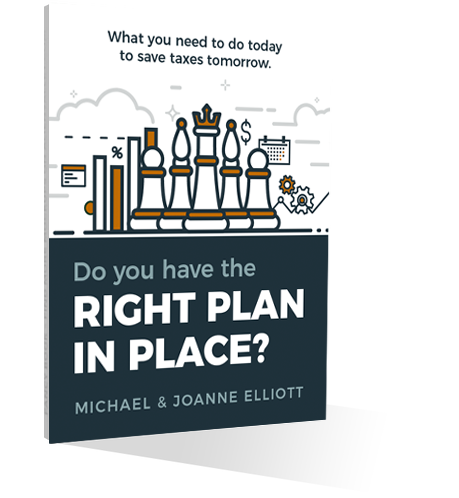The Chicago Sun-Times recently published an investigative report claiming Cook County Assessor Fritz Kaegi cut 2020 assessments for nearly all Cook County homes based on a “wild miscalculation” that pandemic-induced job cuts would cause home values to plummet. Home prices skyrocketed, however, and it appears the Assessor jumped the gun.
According to Civic Federation president, Laurence Msall, “They [the Assessor’s office] took a gamble, and the gamble didn’t turn out as they expected.”
How did this impact taxpayers?
Winners and losers
The Assessor’s actions did not reduce government spending. Taxing bodies still needed the same money to operate, but the Assessor’s COVID adjustments did impact tax bills. Since property taxation is a zero-sum game, many taxpayers ended up paying more (often, much more) so others could pay less (mostly a little less).
And, the pain suffered by the losers was much worse than the gain enjoyed by the winners.
Who paid more?
It’s fair to say that everyone in Cook County paid 10.54% more because of the Assessor’s COVID tax relief.
Why? These huge reductions in the assessment base caused the Cook County equalizer to spike 10.54% and that caused 10.54% upward pressure on every 2020 Cook County tax bill.
But, many homeowners experienced offsetting tax savings (10% or so) because of the Assessor’s COVID assessment reductions. In the end, however, many homeowners paid higher taxes as the 10.54% increase in the equalizer was greater than the 10% (+/-) savings they experienced from their assessment reductions.
The Sun-Times and Cook County Treasurer Maria Pappas report that “50% of the county’s homeowners ended up with bigger tax bills, and 78% of the commercial property owners ended up with bigger bills to cover the COVID discounts homeowners got.”
So, there was much pain for many because of a “miscalculation” that proved wrong. And, according to the Civic Federation, “A lot of the relief they gave was uneven and not where it was needed.”
At the end of the day, this ended up being a shell game that confused everyone.
Our Thoughts
The Assessor’s job is to value real estate based on market data. He is not supposed to speculate what property might be worth in the future, but to value property based on actual data and events that occurred before the valuation date (January 1st of the tax year). It’s NOT the Assessor’s job to speculate on future property values, nor to make tax policy (to determine who should pay more or less). That’s the job of the legislature. The Assessor’s job is to value properties based on hard data.
It’s clear the Assessor had no solid data on how COVID impacted property values when he made his COVID adjustments at the beginning of the pandemic. In fact, his former data chief, Robert Ross, admitted, “We guessed it wrong” (quoted in the Sun-Times).
That being the case, if any taxpayer believed COVID impacted the value of his or her property, that issue should have been raised by the taxpayer in a tax appeal supported by appropriate evidence. That’s how the law is supposed to work. And that would have resulted in a fair outcome for all taxpayers.
What can you do?
The property tax world today is ever-changing. Old approaches to contesting assessments don’t work as well today. To get the lowest tax bill possible, you must keep your ear to the ground and adapt your tactics and strategies to work in the current environment. Today, there is no substitute for good lawyering and sage valuation knowledge.
To read the Sun Times article, click here.


